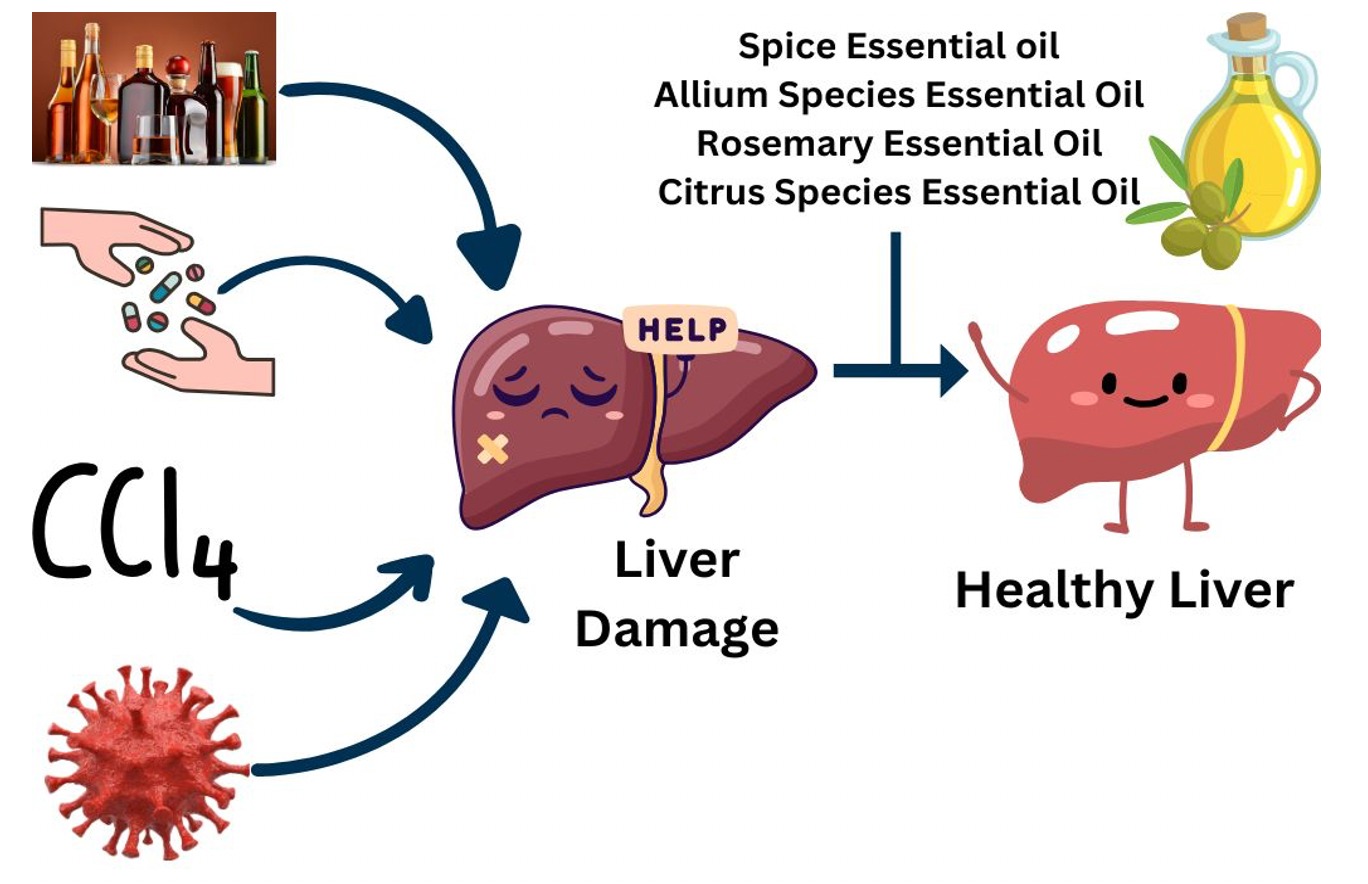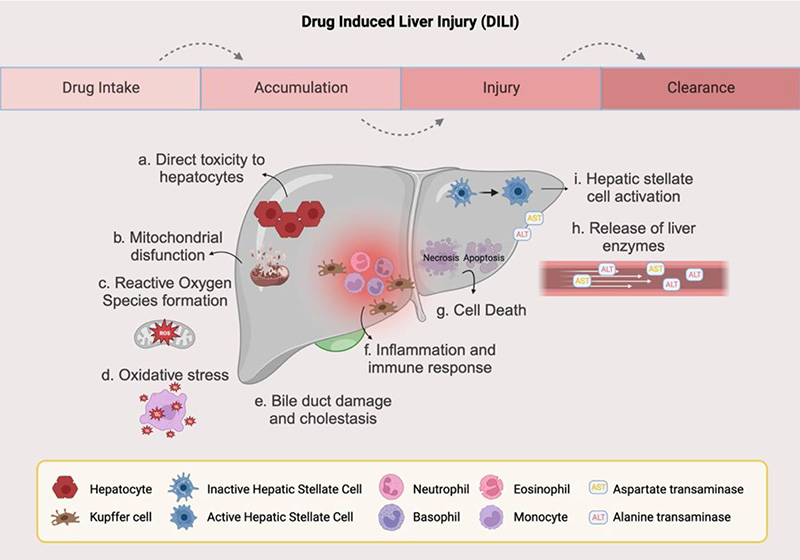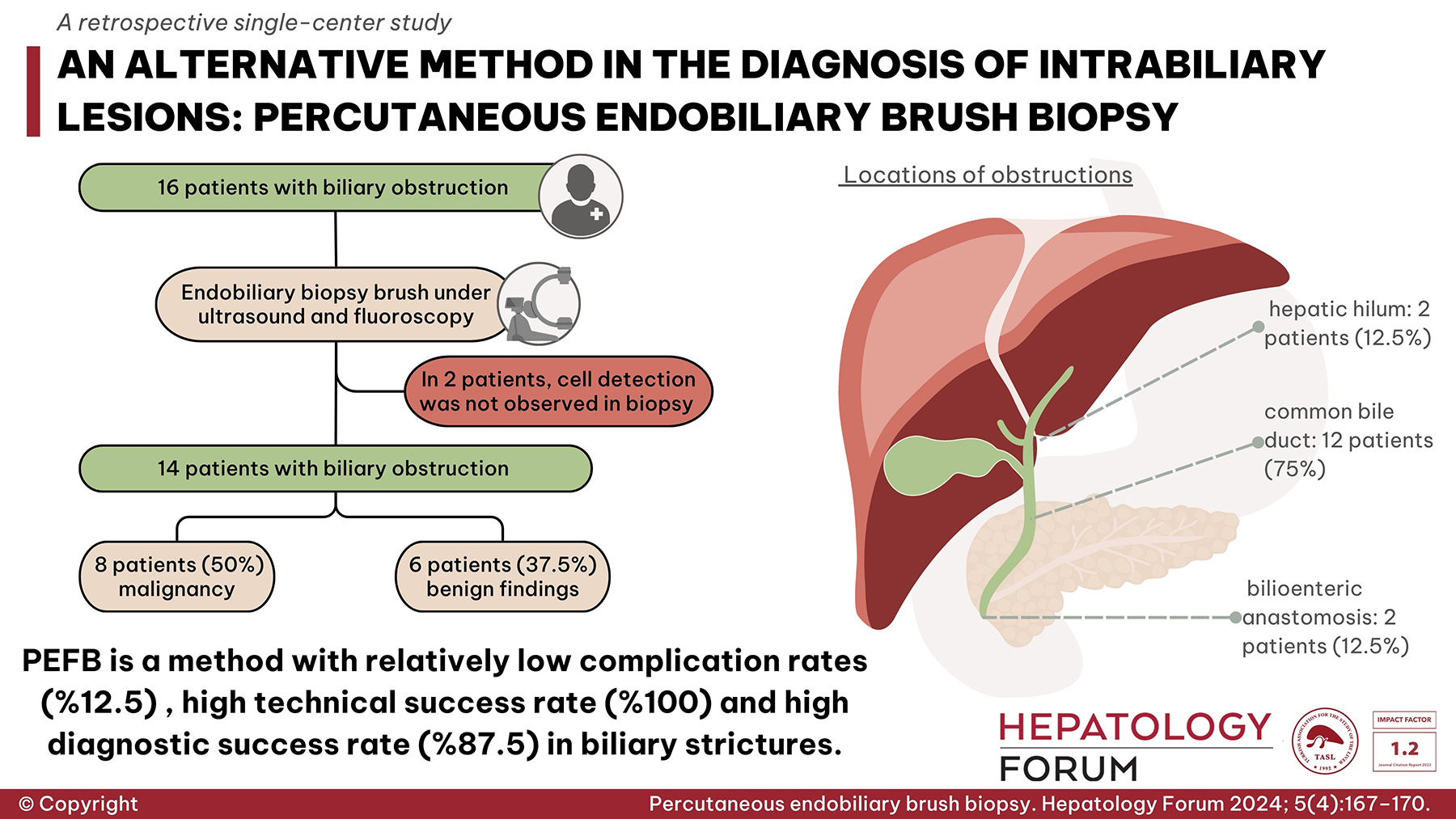2Department of Gastroenterology, University of British Columbia, Vancouver, Canada;Department of Hepatology and Gastroenterology, National Liver Institute, Menoufia University, Menoufia, Egypt
3Department of Laboratory Medicine, University of British Columbia, Vancouver, Canada
4Department of General Internal Medicine, University of British Columbia, Vancouver, Canada
Abstract
Merkel cell carcinoma (MCC) is a rare, aggressive neuroendocrine carcinoma of the skin. Treatment for locoregional MCC includes local excision with regional lymphadenectomy, followed by adjuvant radiotherapy. Immune checkpoint inhibitors (ICI) have emerged as a breakthrough treatment of metastatic MCC. Nevertheless, T-cell immune response is triggered against self-antigens resulting in immune-mediated toxicities, including ICI-mediated hepatotoxicity. We report a case of recurrent metastatic MCC treated with avelumab, a PD-L1 inhibitor, with subsequent significant liver biochemical flare. The initial clinical diagnosis was ICI-mediated hepatotoxicity. Workup to rule out competing causes of liver injury came back negative. Hence, avelumab was discontinued, and the patient was initiated on steroid therapy with stepwise escalation. Owing to clinical and laboratory deterioration, it was then decided to perform a percutaneous liver biopsy to document steroid-refractory ICI-mediated hepatotoxicity and/or rule out other causes of potential liver injury. The liver biopsy showed MCC tumor cells almost entirely infiltrating the hepatic parenchyma, confirmed by immunohistochemistry. At that point, steroid therapy was discontinued, and the patient was transitioned into palliative care. In conclusion, patients with apparent ICI-related hepatotoxicity should always be considered for a liver biopsy to exclude massive infiltrative malignancy as the true cause of liver dysfunction.





 Ibrahim Al-Rajhi1
Ibrahim Al-Rajhi1 









